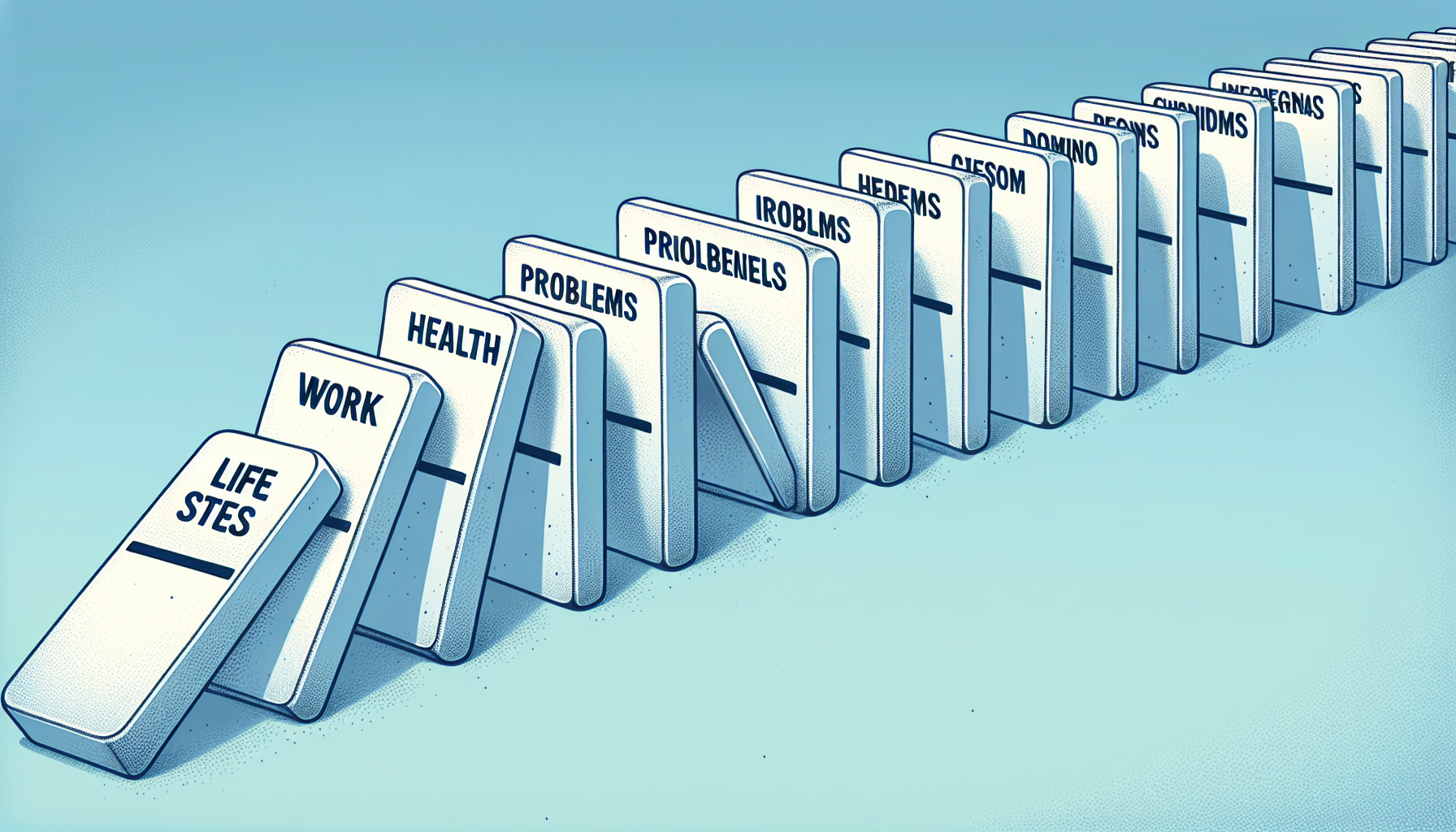The Hidden Costs of Being a Software Engineer

In the ever-evolving tech landscape, staying relevant requires ongoing education and skill enhancement. Many employers expect software engineers to keep abreast of the latest programming languages, frameworks, and tools, which often translates into substantial costs for online courses, certifications, and workshops. For instance, platforms like Coursera and Udacity offer specialized courses that can range from $39 to several thousand dollars, depending on the program. Moreover, attending industry conferences, which can cost anywhere from $500 to $2,000 for registration alone, is another investment engineers make to network and learn about the latest developments. While these expenses can lead to career advancement and increased earning potential, they can also strain an engineer's budget, especially for those just starting. As an example, a software engineer who spends $1,200 on a certification course may find that the return on investment is not immediate, as it may take time before the knowledge gained translates into a higher salary or a promotion.
Equipment and Software Upgrades
Another hidden cost that software engineers face is the necessity of maintaining a reliable and efficient work setup. Whether working remotely or in an office, having the right hardware is crucial for productivity. High-performance laptops, ergonomic chairs, and dual monitors can add up quickly, with many engineers investing upwards of $1,500 to $3,000 on equipment alone. Additionally, engineers often require access to premium software tools and licenses for development environments, version control systems, and testing frameworks. These subscriptions, which may cost between $10 and $100 per month, are essential for delivering high-quality work but can accumulate significantly over time. For instance, if an engineer subscribes to a development tool at $50 per month, that’s an additional $600 annually—money that, while necessary for their work, chips away at their net income.
Work-from-Home Expenses
The shift to remote work, accelerated by the COVID-19 pandemic, has introduced new financial considerations for software engineers. While many enjoy the flexibility of working from home, it has also led to unforeseen costs. Engineers are now responsible for their home office setups, including internet services, electricity, and maintenance. According to a survey conducted by FlexJobs, 30% of remote workers reported spending between $51 and $100 each month on home office-related expenses. These costs can quickly add up, impacting overall take-home pay. Furthermore, many companies have been slow to adjust salaries for remote workers, often leading to disparities between those who work in-office and those who work from home. For example, an engineer who previously worked in a corporate office may find that their salary remains unchanged while their home office expenses increase, effectively reducing their disposable income.
Health and Wellness Costs
The nature of software engineering work can lead to physical and mental health challenges, including eye strain, carpal tunnel syndrome, and burnout. Many engineers find themselves investing in ergonomic equipment, standing desks, or even wellness programs to combat these issues. According to the American Institute of Stress, workplace stress costs U.S. businesses around $300 billion annually in absenteeism, turnover, and diminished productivity, emphasizing the need for engineers to prioritize their well-being. Investing in a good ergonomic chair or a standing desk may cost $300 to $1,000, but neglecting these health considerations can lead to more significant long-term healthcare costs and decreased productivity.
While software engineering is often viewed as a high-paying profession, the hidden costs associated with it can significantly affect an engineer's financial outlook and quality of life. Continuous education, equipment upgrades, remote work expenses, and health considerations all contribute to a more nuanced understanding of what it truly means to be a software engineer. By acknowledging these hidden costs, current and aspiring engineers can make more informed decisions about their careers, financial planning, and overall job satisfaction. Ultimately, a transparent conversation about these expenses can lead to better financial literacy and a more sustainable work-life balance in the software engineering field. Recognizing that the perceived high salary of software engineers may not translate to equivalent savings or disposable income is crucial for achieving a realistic view of this dynamic profession.
DevOps Engineer
Amazon, Google, Microsoft
Core Responsibilities
Collaborate with development and operations teams to automate and streamline processes using CI/CD pipelines.
Implement monitoring and alerting systems to ensure application performance and reliability.
Manage infrastructure as code using tools like Terraform or Ansible to ensure scalable and efficient deployment.
Required Skills
Strong proficiency in scripting languages such as Python or Bash.
Experience with cloud platforms like AWS, Azure, or Google Cloud.
Familiarity with containerization technologies like Docker and orchestration tools such as Kubernetes.
Data Scientist
Facebook, IBM, various fintech startups
Core Responsibilities
Analyze complex datasets to derive actionable insights and guide business decisions.
Develop predictive models using machine learning techniques to forecast trends and behaviors.
Communicate findings through data visualization tools and presentations to stakeholders.
Required Skills
Proficiency in programming languages such as R or Python, with experience in libraries like Pandas and Scikit-learn.
Strong statistical knowledge and experience with data manipulation and analysis tools (e.g., SQL).
Familiarity with big data technologies like Hadoop or Spark is a plus.
Full Stack Web Developer
Tech startups, e-commerce platforms, digital agencies
Core Responsibilities
Design and develop user-friendly web applications from front-end interfaces to back-end services.
Collaborate with UX/UI designers to create responsive and aesthetically pleasing interfaces.
Troubleshoot and optimize web applications for maximum speed and scalability.
Required Skills
Proficiency in front-end technologies like HTML, CSS, and JavaScript frameworks (e.g., React or Angular).
Experience with back-end languages such as Node.js, Ruby on Rails, or PHP.
Understanding of RESTful APIs and database management (e.g., MongoDB or PostgreSQL).
Cybersecurity Analyst
Government agencies, financial institutions, cybersecurity firms
Core Responsibilities
Monitor and analyze security incidents to identify potential threats and vulnerabilities.
Develop and implement security protocols and policies to safeguard organizational data.
Conduct regular security assessments and penetration testing to evaluate system defenses.
Required Skills
Knowledge of security frameworks and compliance standards (e.g., NIST, ISO 27001).
Proficiency with security tools (e.g., firewalls, intrusion detection systems) and programming/scripting skills for automation.
Strong analytical skills and attention to detail to identify security risks.
Cloud Solutions Architect
Cloud service providers, large enterprises undergoing digital transformation, consulting firms
Core Responsibilities
Design and implement cloud-based solutions that meet business requirements and scalability.
Evaluate existing IT infrastructure and provide recommendations for cloud migration strategies.
Collaborate with development teams to ensure efficient application deployment and resource management.
Required Skills
In-depth knowledge of cloud services (AWS, Azure, or Google Cloud) and architecture best practices.
Strong understanding of networking, security, and compliance considerations in the cloud.
Experience in scripting or programming to automate cloud operations and deployments.


